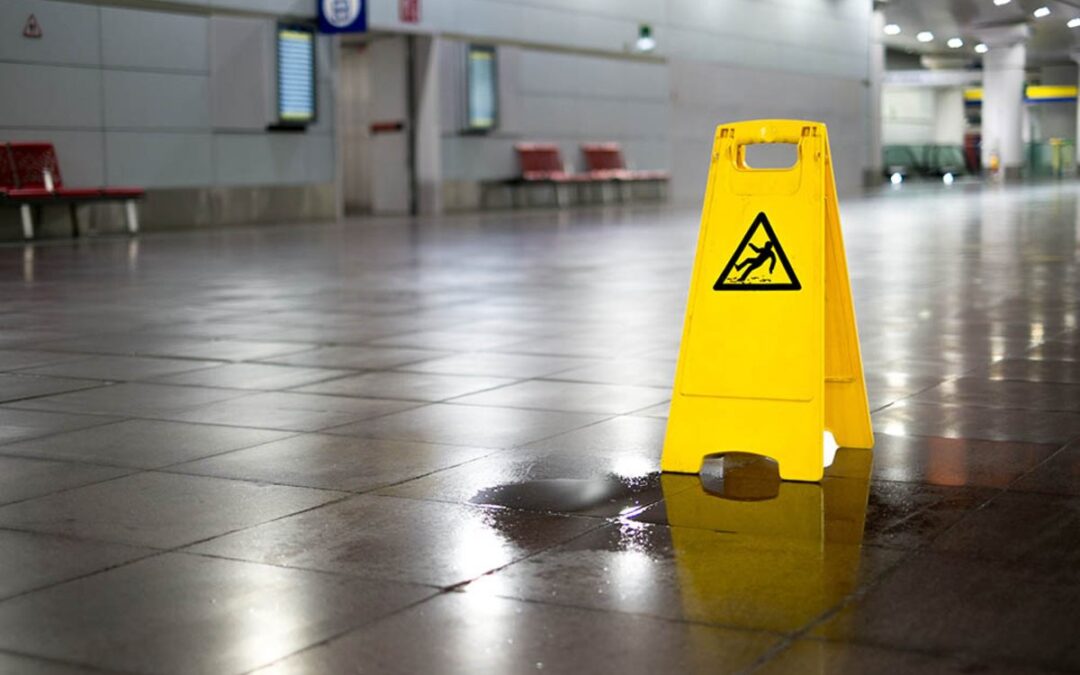Falls are one of the leading causes of traumatic brain injuries (TBIs) in the United States. These injuries can have devastating, lifelong effects. When a slip and fall accident occurs due to the negligence of another party, it may be possible to hold the negligent party legally accountable and recover compensation. However, if you are considering filing a claim after suffering a TBI in a slip and fall accident, you should know that proving negligence will require more than just showing you were hurt. You will need strong evidence and legal knowledge to build a successful claim. A qualified attorney can help you build a strong case. But even before hiring an attorney, read on to learn how negligence is proven in fall-related TBI cases.
What is Negligence in a Slip and Fall Accident?
Before pursuing a fall-related TBI case, it is crucial to understand what constitutes negligence in slip-and-fall accidents. Negligence in a slip-and-fall accident means that someone failed to act with reasonable care, resulting in your accident. Often, this means that a property owner or business failed to maintain safe premises.
The above is the most basic way to understand negligence in slip and fall accidents. However, when it comes to determining whether a party can be held legally liable for an injury after a slip and fall accident, more specific factors come into play. Generally, to prove negligence, you must establish the following elements;
- Duty of care: The property owner or business had a legal obligation to keep the property reasonably safe
- Breach of duty: That duty was breached by failing to address dangerous conditions, such as uneven or broken sidewalks, lack of warning signs, loose rugs, or broken stairs.
- Cause of injury: The breach/hazardous condition caused your slip and fall accident.
- Damages: You suffered real harm, such as medical expenses and lost wages
Proving Negligence in a Slip and Fall-Related TBI Case
Proving negligence in a slip and fall-related TBI case requires strong evidence. To prove your case, you will need to start by gathering the right evidence. The more evidence, the stronger your case will be. Here is what you should do to ensure you have a strong case;
1. Take Pictures and Videos
If you can, take photos and videos of the accident scene as soon as possible after your accident, including the dangerous condition that caused your fall. Pictures and videos can help you preserve evidence before the hazard is repaired or removed.
2. Collect Witness Statements
If your fall happened in a public place, there must have been people close by who saw what happened. Ask for their contact information and statements. These individuals can help verify the hazardous condition that caused your fall.
3. Report the Accident
Notify the property owner or whoever is in charge of your accident. Request that they complete an incident report and ask for a copy.
4. Seek Prompt Medical Attention
See a doctor as soon as possible after your accident and maintain all your medical records. These will be essential in proving your injury and linking it to the fall.
5. Hire an Attorney
A skilled attorney can investigate your case, gather and preserve evidence, and help establish and prove fault.
Contact a TBI Lawyer
If you have suffered a TBI in a slip and fall accident due to someone else’s negligence, contact our experienced brain injury counsel at Griggs Injury Law for help proving your case and recovering the compensation you deserve.


